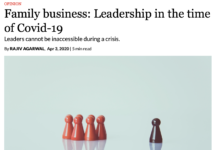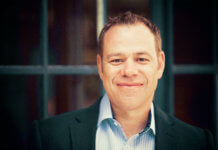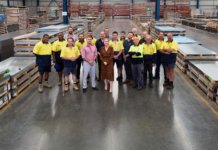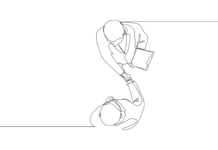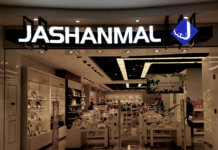Instantly recognised by its stylishly minimalist signage: elegant white lettering on a clean black background, bakery Paul boasts over 700 sales points on four continents and is still growing. Behind the brand is a remarkable entrepreneurial family business story with five generations of bakers practising their trade for over 130 years.
Paul did the unthinkable when they decided to abandon the conventional, small-business bakery format and expand into supermarkets and malls. The disruptive strategy paid off, and eventually, there was a Paul on every corner in France. Shortly after, they successfully moved to internationalise, first with locations in Japan then Morocco and beyond.
There was no stopping the Holders. In 1993, they acquired Ladurée, a 150-year-old luxury pastry shop and sweets house, which they transformed into one of the world’s leading brands and the pre-eminent producers of double-decker macarons. The Holder Group continues on its successful trajectory as it moves towards its sixth generation of family ownership.
Maxime Holder, President of Paul, met with us at Ladurée on the Champs Elysées in Paris to talk about legacy, the art of navigating consumer health concerns, digitalisation and why family ownership is still a competitive advantage.
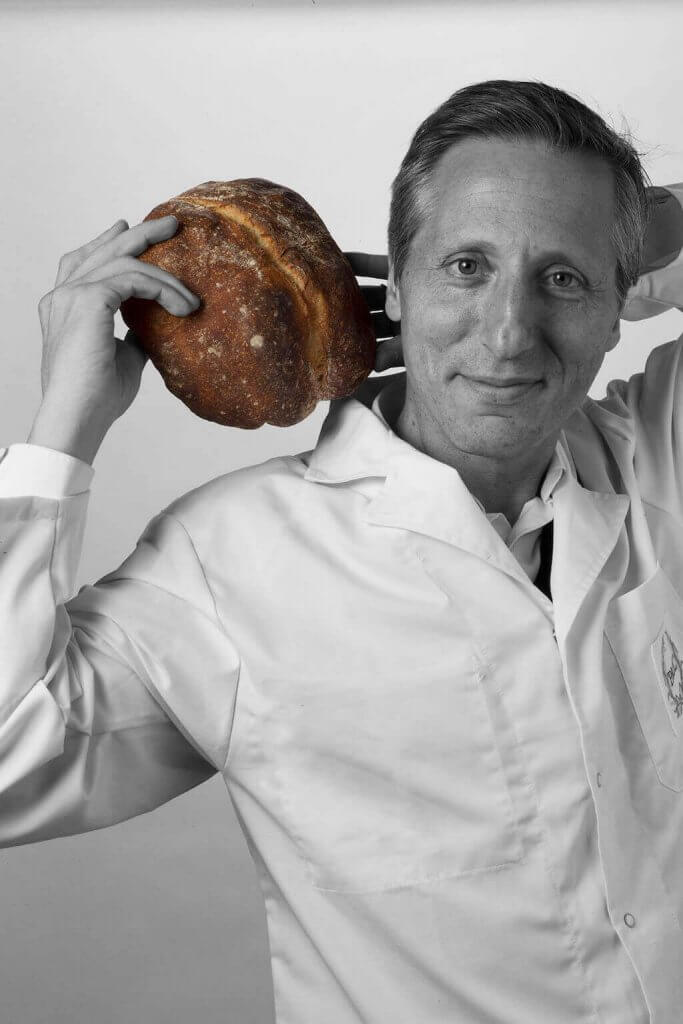
Tell us about the story of Paul.
Our baker roots go back as far as five generations on our grandmother’s side. Running a bakery has changed a lot since that time. In the first generation, flour was a means of bartering for goods. As a result, families would find themselves with flour but lacking the practical knowledge required to bake it. So, a travelling baker would go from village to village to collect the flour and turn it into bread.
In the second and third generations, the baker, who by this point was stationary, would typically bake the bread, and his wife would sell it to customers. Unfortunately, I did not have the good fortune of knowing my grandfather as he died when my father was only 17 years old, but that is how it was for him and my grandmother.
My grandfather’s story is an adventurous one. He was an orphan who, together with his twin brother, was abandoned at birth in England by his family who were on their way to the US. The twins were soon transferred from England to France. Our name is Holder but actually we do not know why we are called that because it is definitely not our name of origin. We believe it was given to my grandfather and his brother in England before sending them to France. They received French first names, and my grandfather Julien never spoke a word of English in his life.
Julien met Suzanne, my grandmother, who came from a third-generation baker’s family. Together they ran a small bakery before the war. When the war was over, my grandfather complained to his wife that being a baker was too hard and he launched himself into the wine business instead. He failed miserably and lost almost all their savings. With the little that remained, they bought the bakery Paul in Lille from Mrs Paul, who wished to retire. At that time, Paul was known more for pastries than bread – they even sold ice cream at one point.
So, my grandparents bought Paul, and two years later, my grandfather died. He was only 51. At 17, my father became the head of the family. He did an incredible job and found his footing quickly.
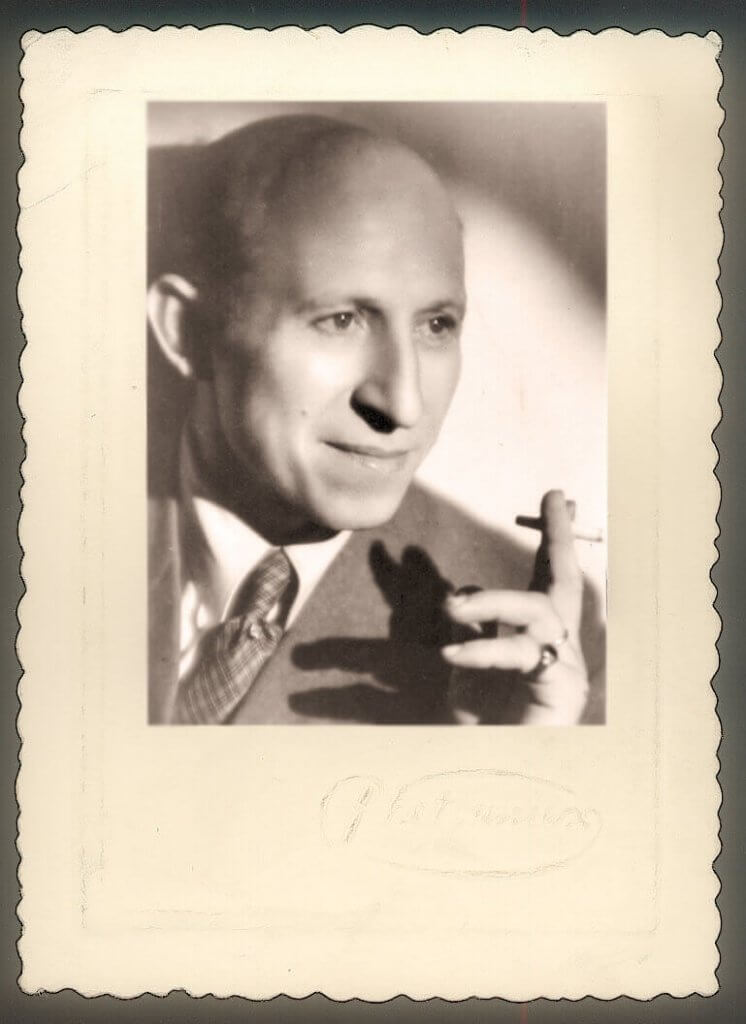
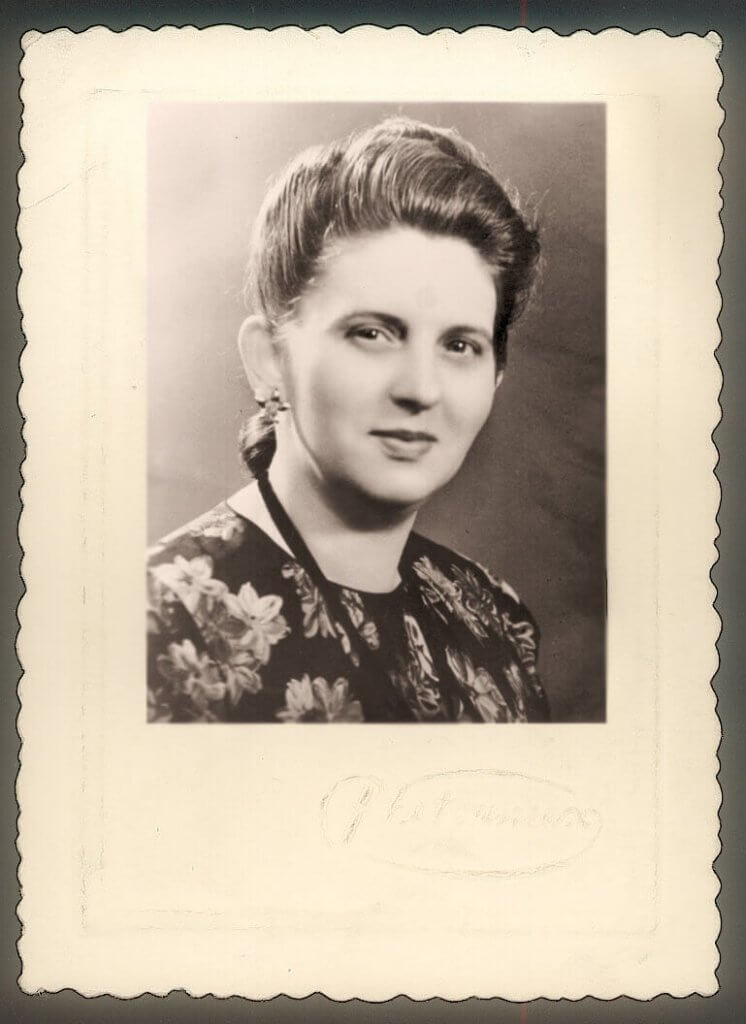
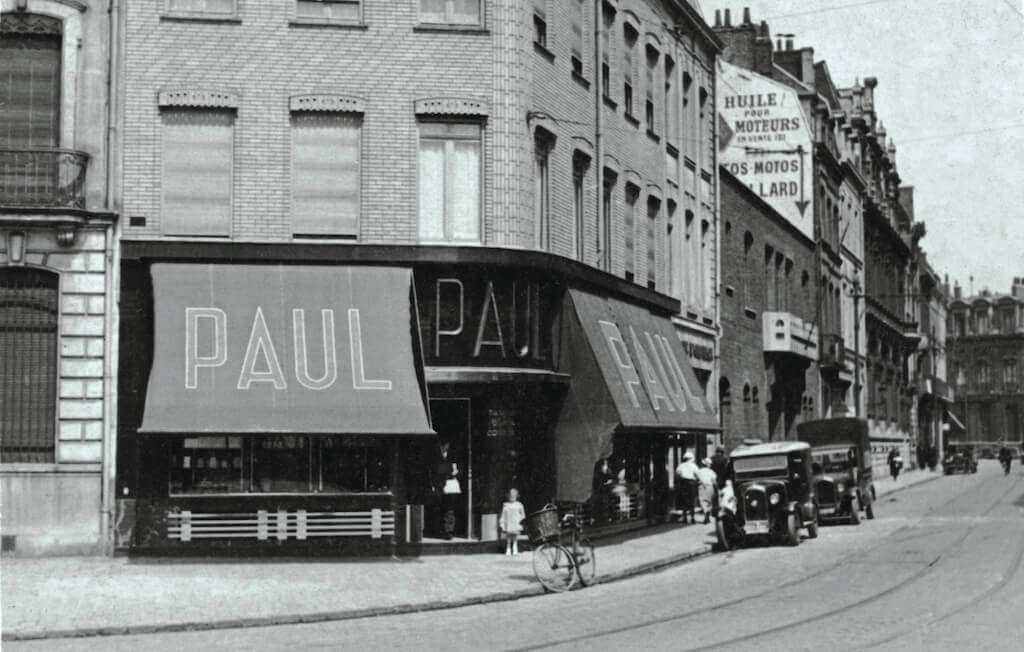
How did your parents meet? Was your mother from a baker’s family?
My mother was part of Lille’s bourgeoisie. Her father was a successful tradesman and took care of his family. At the time, my mother was studying and quite frankly her parents probably had other ambitions for her than to marry the baker from around the corner, but she bought her bread at Paul, and that is how they met. She loved his vision and ambition and was thoroughly unimpressed by the other suitors my grandparents introduced her to. She got her way in the end and married my father. In doing so, she abandoned her legal aspirations and found herself working with my father at Paul.
They went on an incredible entrepreneurial journey together. In the 60s, my parents made Paul a national phenomenon. First, they introduced the concept to supermarkets and malls and later launched our own sales points too. They have always emphasised the raw materials, which is particularly appreciated by the French consumer.
My father quickly understood that he could expand the concept of the traditional bakery by providing people with opportunities to snack. He introduced sandwiches for quick meals, a disruptive move at the time because that kind of business was reserved for the brasseries. This period of growth happened in the 80s, which coincided with my older brother David coming back from the US to join the family business. David brought unity to the Paul brand.
Paul was local, then regional and then national. Because we were so widely represented in France, when international interests came looking for a good bakery concept, they called on us first. More than 30 years ago the Japanese partnered with Paul, and 25 years ago the Moroccans. The brand grew larger than France. We became the global bakery with over 400 sales points outside of France.
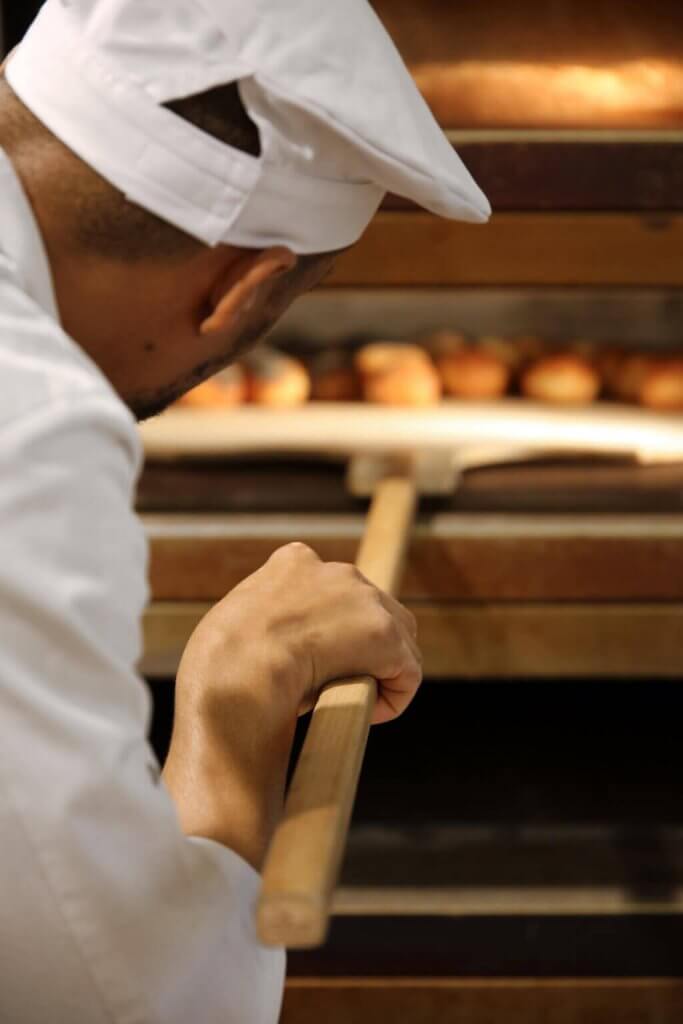
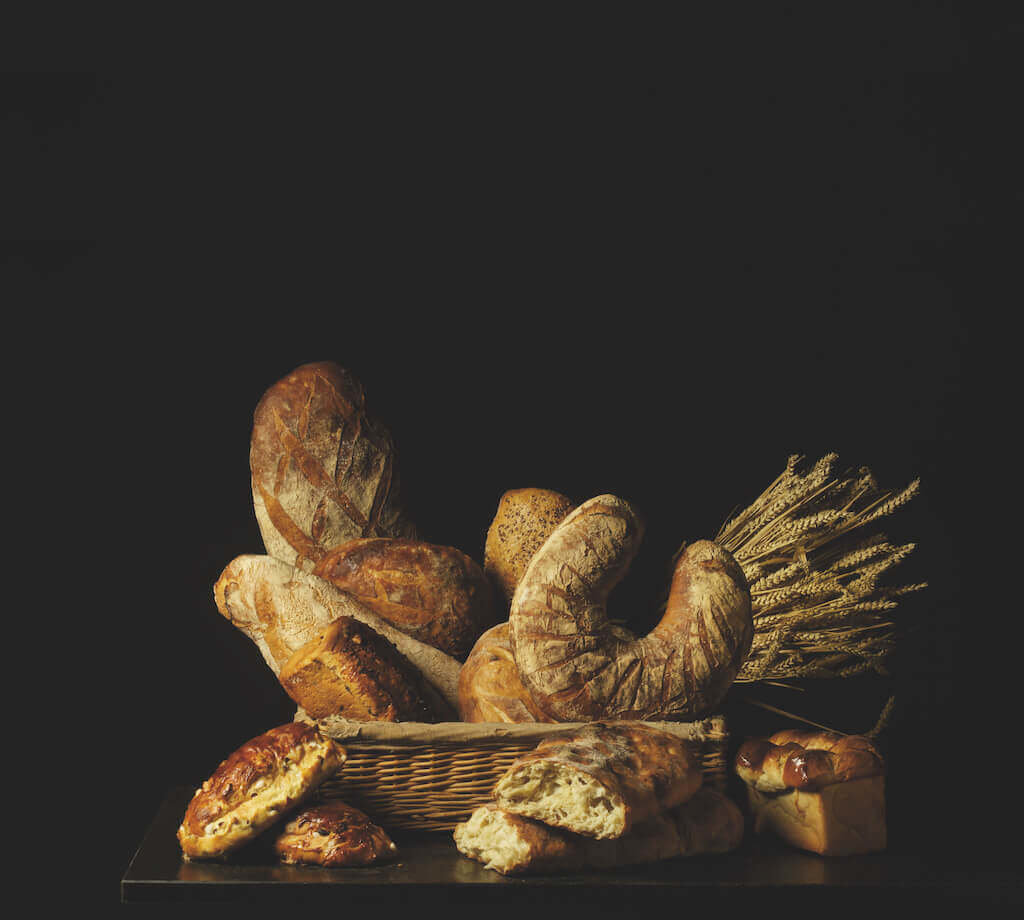
Now the fifth generation is in charge?
Yes, it started with my brother. My father always knew he might be at risk of heart disease since his father died so young. So, he insisted that we join the business quite early on.
As I mentioned, David joined after graduating from his studies in the US. To make sure the trade was not lost, my father made him apprentice as a baker for three years. David worked at every level of Paul. After his apprenticeship, he shadowed my father; they were together all the time. Thankfully, it turned out that our fears of a genetic predisposition to heart disease were unfounded because my father is now in his 80s and is still in excellent health.
In 1993, the family that owned Ladurée Paris, a French luxury pastry shop and sweets house that started in 1862, offered to sell it to us. We were given this opportunity because we were regulars at Ladurée. When our parents would come from Lille to Paris to visit my brother, myself and my sister on the weekends, it was a family tradition that we would have a Saturday lunch at Ladurée. When the owners wanted to sell, they turned to us.
My father surprised us by saying yes – it was not exactly in line with his strategy. David asked to be responsible for this new venture, and so, in 1995, David took control of Ladurée. Both the brand and the restaurant are now household names. Ladurée is one of the world’s premier sellers of the double-decker macaron – we sell thousands of them a day.
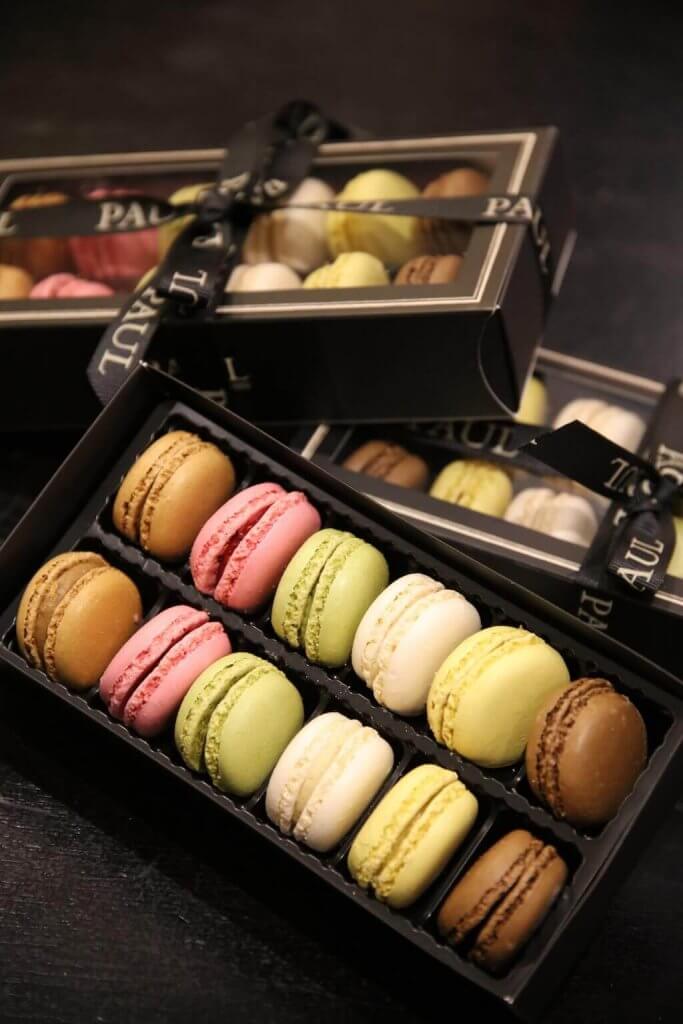
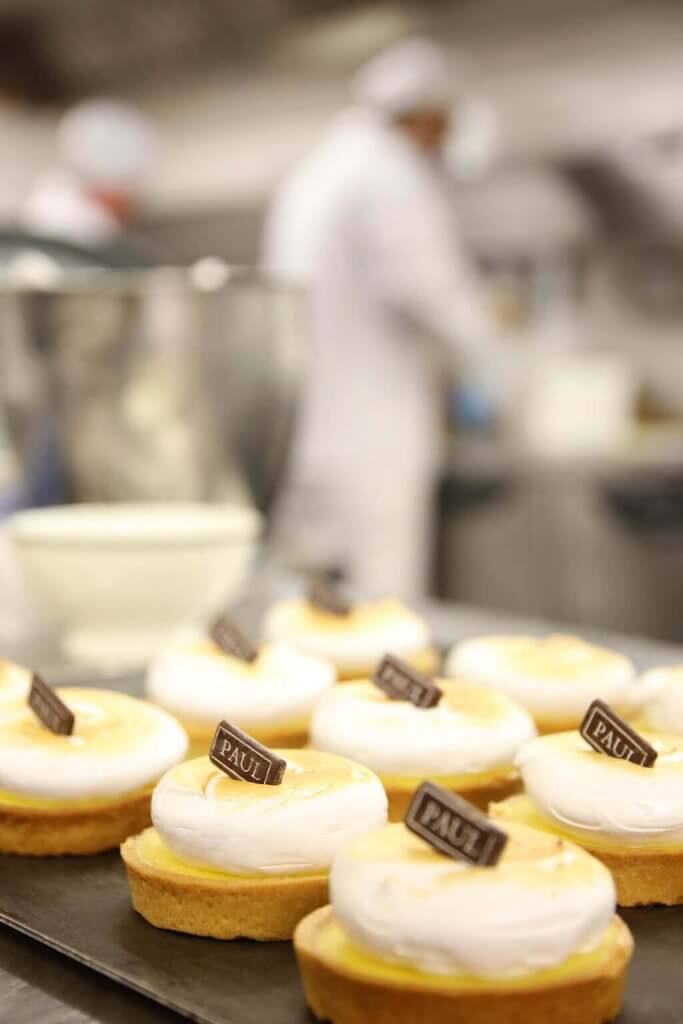
When did you join the business?
Well, to the great despair of my father, I studied political science with the intention of becoming a public servant. I pursued my own career first, and only years later did I heed the call of the family business. It was David who convinced me – we have always been close. He asked me to share the experience with him.
Elisabeth, my younger sister, held out the longest – more than ten years. She worked in fashion at Hermès, another beautiful family business.
Today, we all hold different positions in the company. David is still with Ladurée, I am running Paul from London, and our sister is working at Ladurée in New York. All five of us are shareholders, and we sit on the board together. The Holder Group now owns Paul, Ladurée, and our industrial bakery Château Blanc.
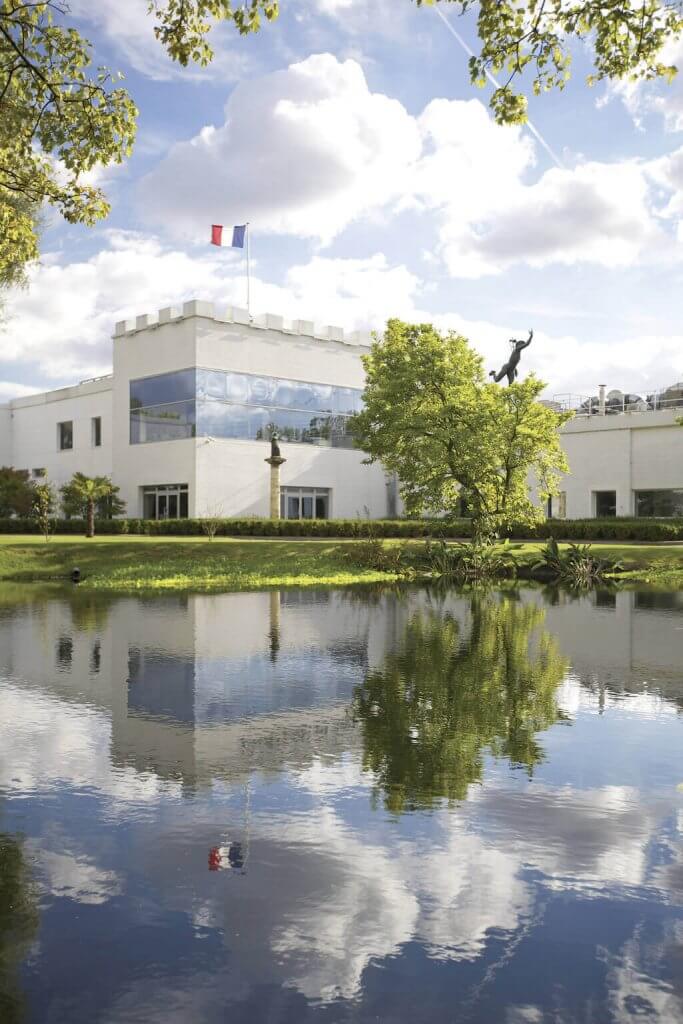
[ms-protect-content id=”4069,4129″]
What are the most important industry trends when it comes to shaping your strategy?
Currently, two trends are forcing companies in the food industry to reposition themselves.
The first is an increased awareness of healthy eating. People have become more health conscious now that we know more about obesity, diabetes and allergies.
Gluten allergies, for instance, have only appeared since industrial bread began including too much gluten for people to handle. At Paul, we avoid this by utilising a fermentation process that eliminates much of the gluten. We did not have these kinds of issues in the past when less food was processed. Nowadays, consumers are worried about what they eat, and transparency is required along the whole of the value chain. People used to like food because it tasted good. Now, they go for brands that guarantee healthy ingredients.
This has worked in our favour because at Paul, we have always put an emphasis on using only the best raw materials. Quality is a family obsession. High-quality flour makes great baguettes. This is my father’s philosophy, and we maintain it today regardless of our size.
The second trend shaping our strategy is digitalisation. The first issue with this, however, is the incredible amount of investment it requires. The American brand Panera Bread, for example, launched its digital transformation in 2014 committing a budget of 125 million dollars. It paid off. By 2017, 25% of their revenue was made through digital sales. That translates to one billion dollars.
A second example is McDonalds – they have new ordering screens placed at the entrances to their restaurants. So, even though clients are served by people, they are meant to order through the screen. Statistics show that people order 17% more when they use the screens compared to when they order with a staff member.
We are aware that we have to move and are exploring what digitalisation will look like for Paul and Ladurée. We are helped by the fact that we are starting to incorporate the sixth generation with David’s children and mine, who are in their early twenties and teens. We see them using food delivery services. Watching them interact with this technology teaches us about how our future consumers will think and act. My sister Elisabeth is even more conscious of the trend towards digitalisation because she works in the American market, which is definitely further ahead than we are with these things.
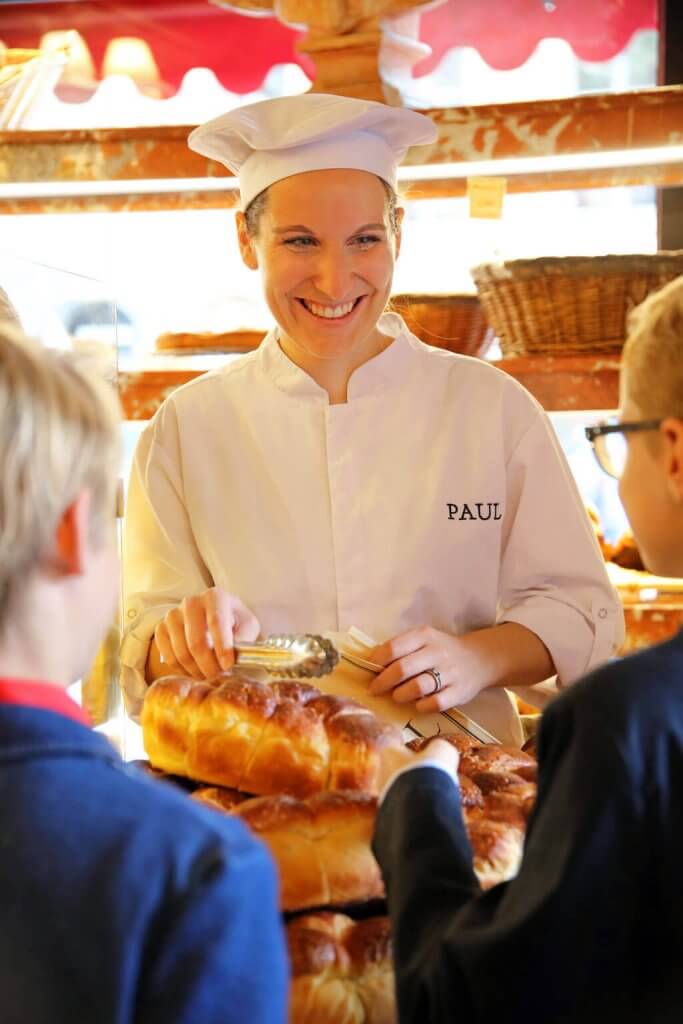
How are you going about digitalisation?
We have a Chief Digitalisation Officer who is helping us with the transformation. In the beginning, it was quite hard for her because nobody knew what her job was. We took a while to realise the urgency but, eventually, everyone came on board. We have successfully implemented e-commerce aspects into both Paul and Ladurée.
Interestingly, this is the first time the company is going into uncharted territory. Until now, we had our parents to guide us. They knew how to produce quality, how to internationalise and how to satisfy our client base. Paul is in our hands now – we are all young enough to understand it and old enough to use our industrny experience to guide us. We have to move forward.
Is the future of the Holder Group family-owned?
Today, very few food companies are still family-owned, and we enjoy an enormous advantage because of this. The shared values that typify family business will continue to help us maintain quality and sustain success. We are willing to reinvest and make sure the company comes first.
The Paul family is larger than just those we are related to: we have employees who have been part of the family for 15 or 20 years. Our Finance Director has been with us for 37 years!
When it comes to the next generation, I annotation do not want to pressure them in the way that our father pressured us to join the family business. I think they’ll get involved regardless – they all love the business. So, at the very least, on a shareholder level, Paul will remain family-owned. When it comes to operations, however, we will have to be flexible.
Family ownership reassures everyone – it shows that we have not forgotten our artisanal roots. A bakery is still at its best when family-owned, and Paul is no exception.
[/ms-protect-content]



